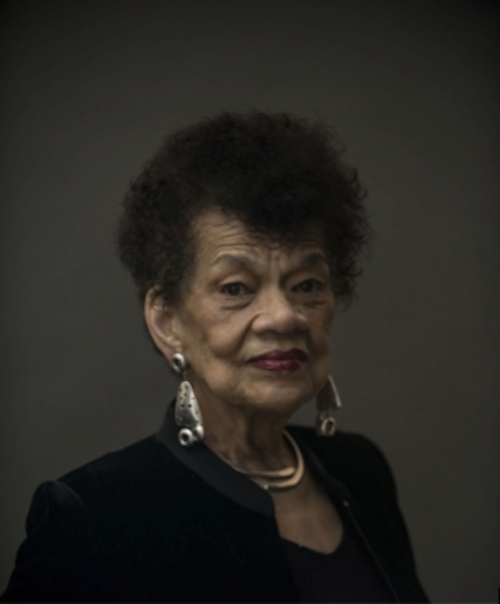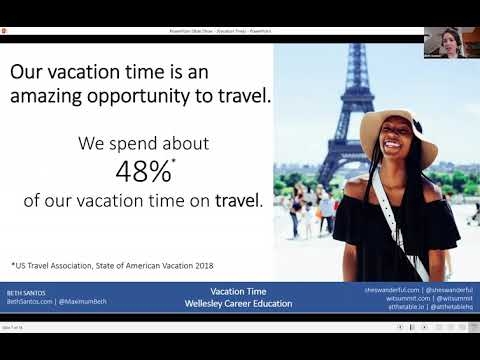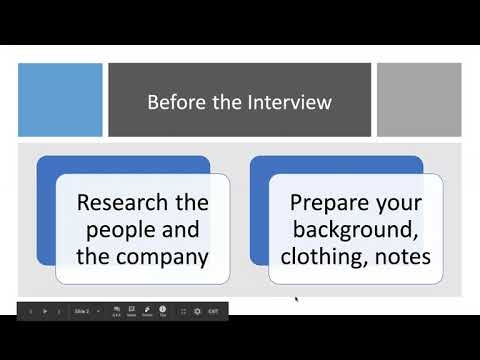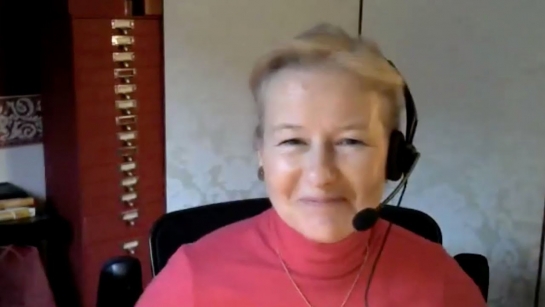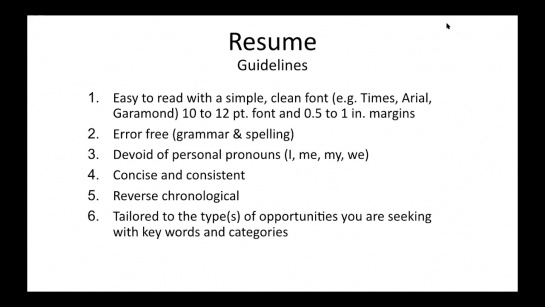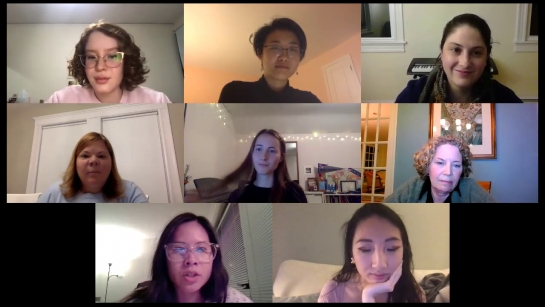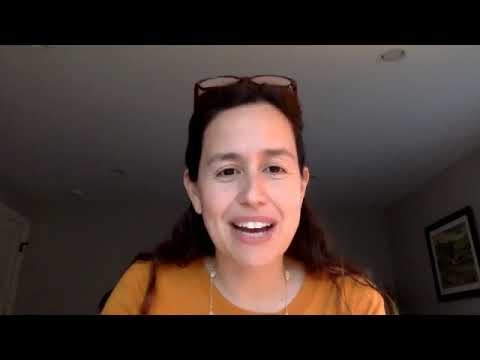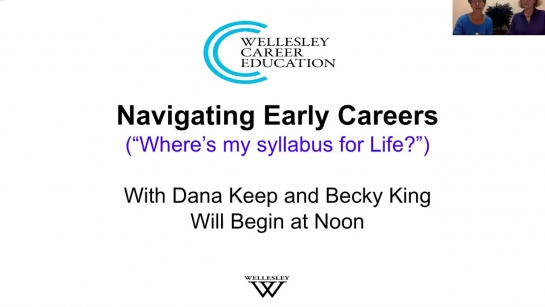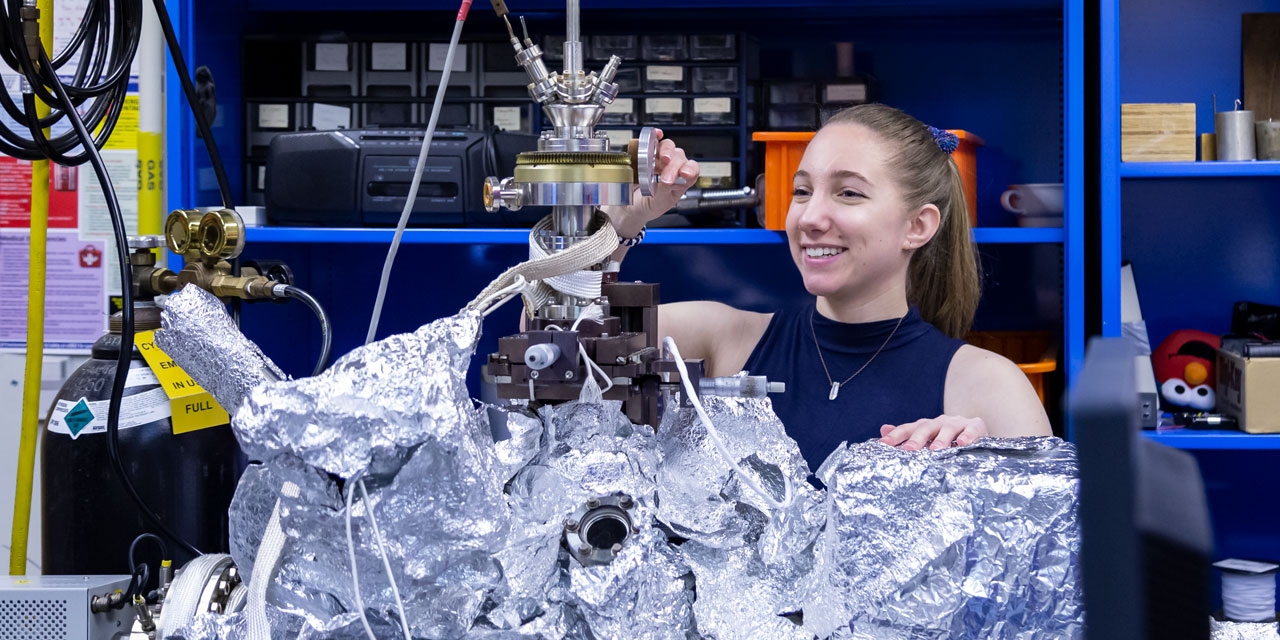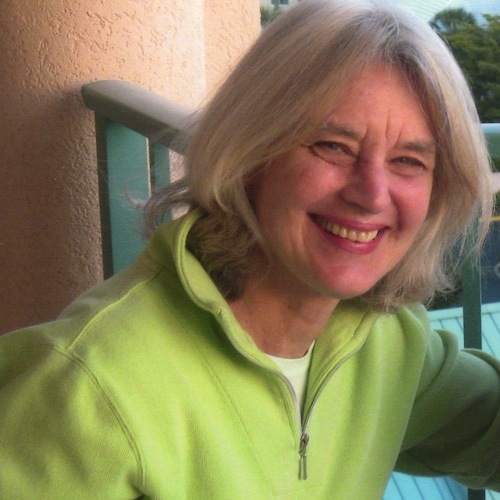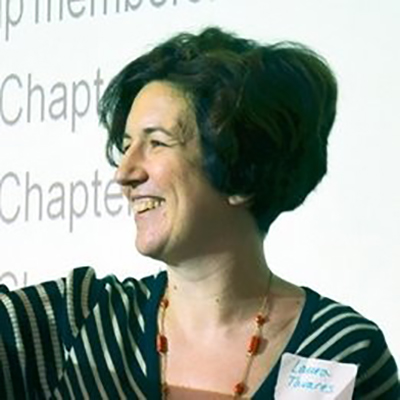Job Searching After 50
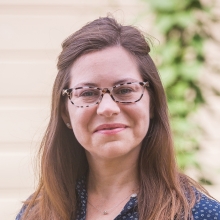
This resource outlines considerations for job searching over 50, including tailored advice for your writing your resume, networking, and interviewing.
“I think art’s first goal is to remind us that we are human...”
Career Advancement

Career Advancement can mean different things to different people. For some, advancement means reaching a leadership position within a company or a field. For others, advancement means performing at a high level in a given role. Sometimes, advancement means switching careers entirely to learn a whole new domain, or focusing on giving back to a field or a community.
“I previously had dreams to be an author, but found myself called by the combination of logic, mystery, and truth in science.”
Finance, Accounting, and Insurance
A career in Finance can mean many different things, depending on what type of work you’re interested in or what specific subsect you want to explore. Within Finance, you can work in the financial department of an organization (governmental, nonprofit or for-profit) or you can work at a company that provides financial services to individuals, groups, institutions and/or organizations.
“Listen to your heart and use your head. Math and science ignited my imagination for as far back as I can remember.”
Science Research

Participating in research experiences as an undergraduate is an excellent way to add depth to your science understanding and actively engage with what you are learning in the classroom. By doing so, you further develop your laboratory, analytical, and problem-solving skills, and you start to build your network with faculty members. Research experiences are valuable components to your resume, and they can make you more competitive for both graduate school and industry opportunities.
On-Campus Recruiting Program Policies (Students)
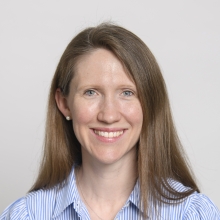
Career Education expects all students to abide by the following rules in order to maintain the success and integrity of Wellesley’s recruiting program.
National Institutes of Standards & Technology Summer Undergraduate Research Fellowship (NIST SURF) (students)

The National Institute of Standards and Technology (NIST) offers Summer Undergraduate Research Fellowships (SURF) at NIST laboratories in Gaithersburg, MD; Boulder, CO; and Waimanalo, Hawaii. The Summer Undergraduate Research Fellowship is designed to inspire undergraduate students to pursue careers in STEM (science, technology, engineering, and mathematics) through a unique research experience that supports the NIST mission. Eligible are currently enrolled undergraduates who are US citizens or permanent residents, majoring in chemistry, computer science, physics, engineering, materials science, fire research, nanotechnology, information technology, mathematics, biology, manufacturing, statistics, or another STEM discipline.
Barry M. Goldwater Scholarship (sophomores and juniors)

Supports one or two years of undergraduate study in the fields of mathematics, engineering, and natural sciences. Eligible are college sophomores or juniors who are US citizens, permanent residents, and nationals intending to pursue research careers in STEM fields. Campus application deadline typically in late November/early December.
Churchill Scholarships (seniors & graduates)

Supports one year of graduate study (including one-year research degrees) in science, mathematics, or engineering at Cambridge. Eligible: graduating seniors and recent graduates of Wellesley College who are US citizens with majors in appropriate STEM fields. Campus application deadline typically in early October.
“In a given week, I might be working with our program staff who are based around the US, Canada and the UK to design learning experiences for teachers; meeting with partner organizations to plan collaborative projects; consulting with filmmakers or scholars who want to reach students; or researching and writing about challenging issues for educators.... It’s probably unusual to stay at one place for so long, but I’ve always been able to answer ‘yes’ to a few key questions: Am I learning? Is my world getting bigger? Is my work making a difference?”
Negotiation & Identity
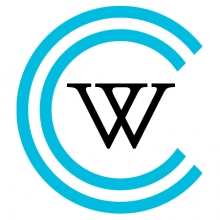
Your social context for negotiation will depend upon a variety of factors. This is where you may ask yourself where you are at this stage in your career journey. How do your identities, values, interests, skills, and other aspects of your background intersect with the negotiation process? All of these components are worth considering because they will inform your approach to the process. Depending on your personal situation, some components may pose more questions for you than others.



